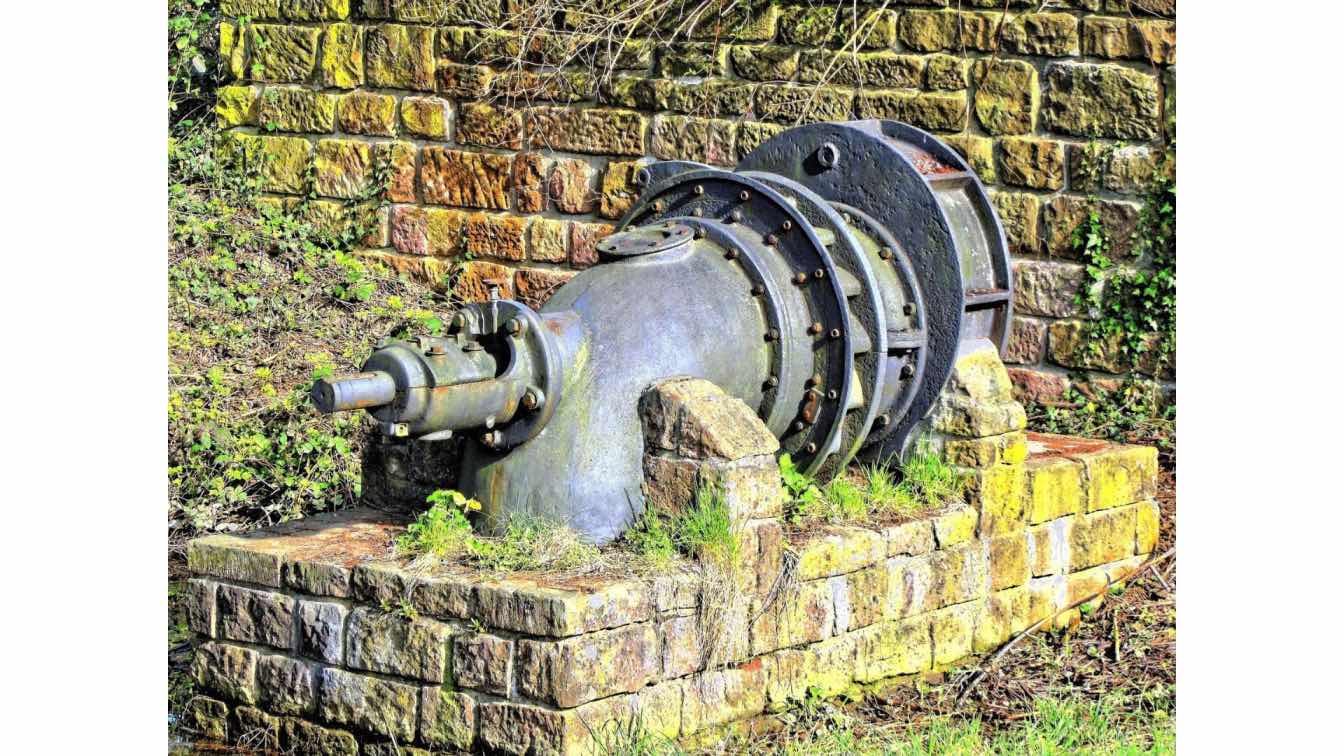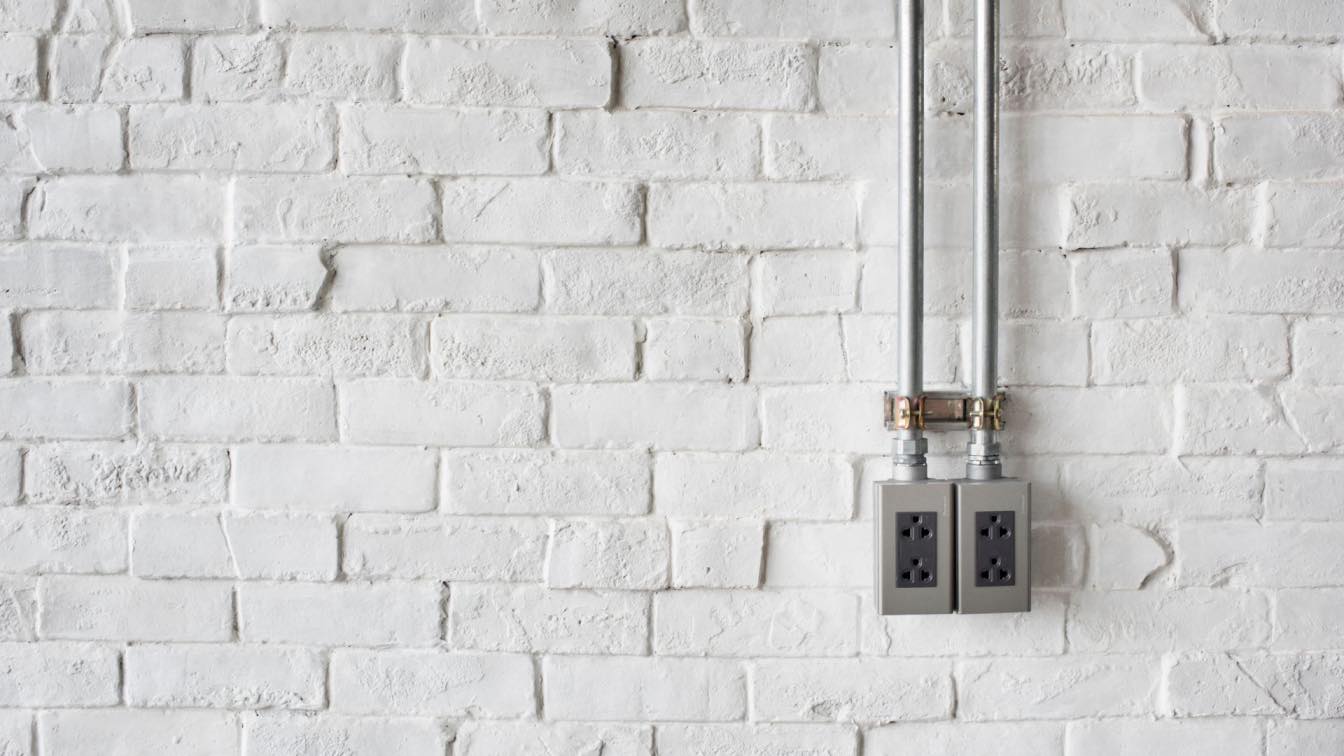In industries such as mining, oil and gas, wastewater treatment, and chemical processing, pumps play a crucial role in ensuring smooth operations. These environments are often characterized by extreme temperatures, corrosive substances, and high-pressure demands, making pump reliability essential. A malfunctioning pump in such settings can lead to costly downtime, environmental hazards, and even safety risks for workers. Ensuring that pumps are built to withstand these harsh conditions can make a significant difference in operational efficiency and long-term profitability.
The Impact of Harsh Environments on Pump Performance
Pumps operating in extreme conditions face constant exposure to abrasive materials, fluctuating temperatures, and corrosive chemicals, all of which can accelerate wear and reduce efficiency. In dredging applications, where sediment and debris continuously pass through pipelines, maintaining proper buoyancy is crucial to prevent excessive strain on pumps. That’s why floats for dredging pipes play a vital role in keeping pipelines afloat, allowing dredging equipment to move efficiently while reducing stress on pumping systems. Without proper floatation, submerged pipelines can cause blockages, increasing maintenance costs and downtime. Investing in durable pumps and reliable pipeline support systems ensures long-term performance.
Downtime and Financial Losses Due to Pump Failures
One of the biggest concerns with unreliable pump performance is unplanned downtime, which can have severe financial consequences. In industries such as oil drilling, chemical manufacturing, and wastewater treatment, even a brief interruption can result in thousands or even millions of dollars in lost revenue. Pump failures can halt production lines, delay shipments, and create supply chain bottlenecks, impacting both profitability and customer satisfaction. Emergency repairs and pump replacements are significantly more expensive than routine maintenance. Investing in high-quality, durable pumps minimizes the risk of breakdowns, ensuring continuous operation, reducing unexpected costs, and maintaining operational efficiency.
Safety Concerns Associated with Pump Malfunctions
In hazardous industries, pump failures pose serious safety risks, potentially leading to life-threatening situations. For example, in chemical plants, a leaking or malfunctioning pump can cause toxic spills, fires, or even explosions, endangering workers and the surrounding environment. Similarly, in mining operations, unreliable water pumps can lead to unexpected flooding, trapping personnel and damaging expensive equipment. Unchecked pump failures may also result in pressure build-up, leading to catastrophic system failures. Ensuring pumps are designed for maximum reliability reduces accident risks, helps companies comply with safety regulations, and safeguards employees, assets, and the environment from potentially devastating consequences.
Choosing the Right Materials for Durability
The materials used in pump construction significantly impact their durability, especially in extreme environments. Pumps operating in highly corrosive conditions, such as chemical plants or saltwater applications, require materials like stainless steel, titanium, or corrosion-resistant alloys to prevent premature wear. Ceramic coatings enhance resistance against abrasive materials, reducing erosion and extending lifespan. Non-metallic materials, such as reinforced plastics or composite coatings, are effective in aggressive chemical environments where metal might degrade. Choosing the right materials ensures pumps maintain structural integrity, reducing downtime and repair costs. By selecting materials engineered for durability, businesses can optimize pump performance and longevity.
The Role of Advanced Sealing Technologies
Sealing technologies play a critical role in preventing leaks, contamination, and premature pump failure, particularly in demanding industrial settings. Traditional packing seals often wear out quickly under extreme pressure, high temperatures, or exposure to aggressive chemicals. Advanced sealing technologies, such as mechanical seals with carbon or ceramic faces, provide enhanced durability and resistance to harsh conditions. Magnetic drive pumps, which eliminate the need for conventional seals, prevent fluid leakage altogether, making them ideal for handling hazardous or toxic substances. Investing in cutting-edge sealing mechanisms reduces maintenance frequency, improves pump efficiency, and ensures consistent performance even in the toughest environments.
The Benefits of Predictive Maintenance
Predictive maintenance is a proactive approach to pump management that helps prevent unexpected failures and costly repairs. By integrating sensors and monitoring systems, predictive maintenance continuously tracks critical performance indicators, such as vibration patterns, temperature fluctuations, and pressure levels. Early detection of abnormalities allows operators to schedule maintenance before a minor issue escalates into a major failure. This approach reduces unplanned downtime, extends equipment lifespan, and optimizes operational efficiency. In industries where pump reliability is crucial, predictive maintenance not only lowers repair costs but also enhances safety and ensures uninterrupted production, ultimately saving time and money in the long run.
Reliable pump performance in harsh environments is essential for operational efficiency, safety, and cost savings. By choosing durable materials, advanced sealing technologies, and implementing predictive maintenance, businesses can extend the lifespan of their pumps and avoid costly downtime. Energy-efficient models help reduce operational costs while ensuring compliance with industry regulations. In industries where conditions are extreme, prioritizing pump reliability is not just a good practice—it’s a necessity for long-term success.





